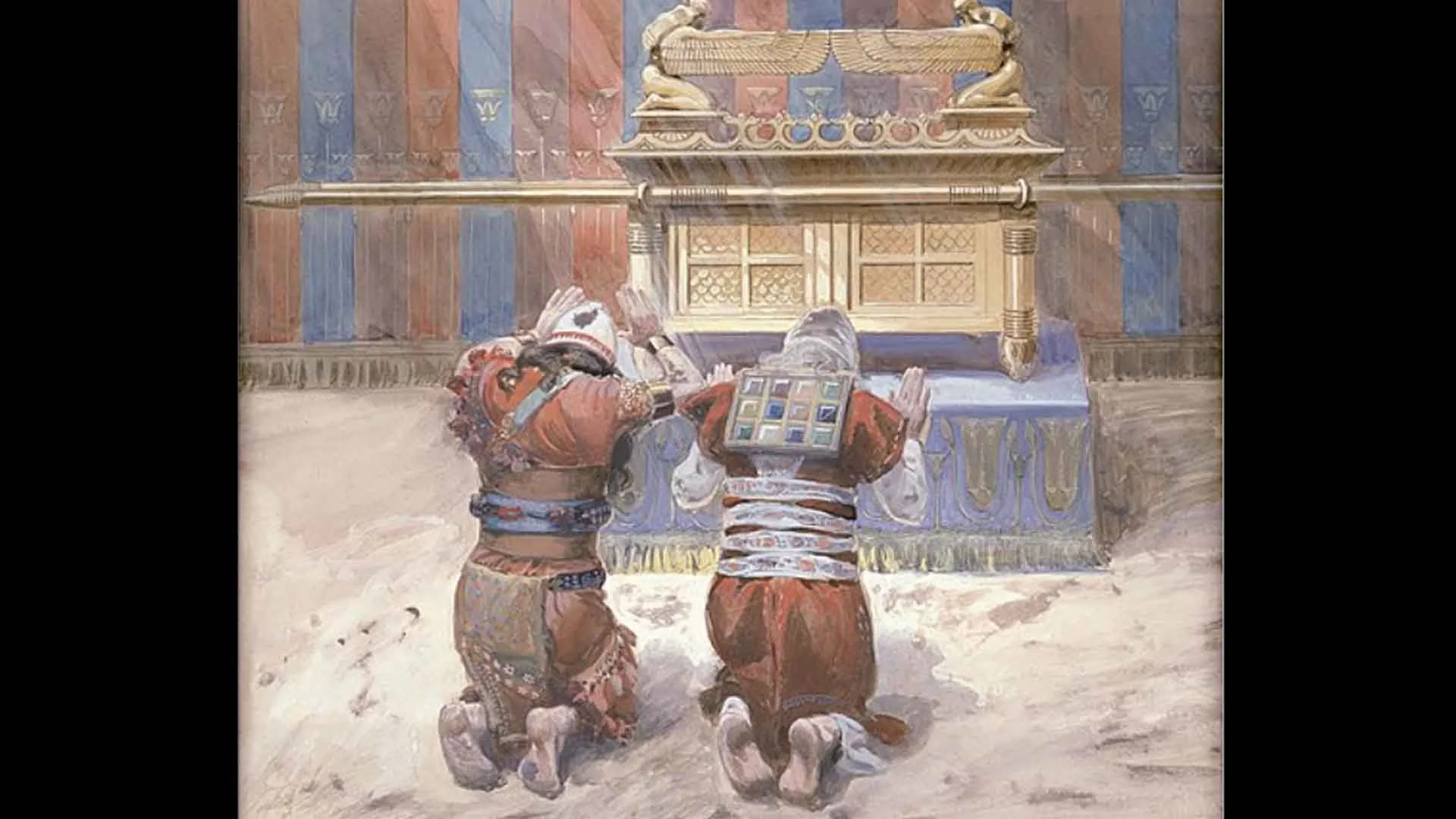For the source text click/tap here: Bava Batra 100
To download, click/tap here: PDF
The Gemora cites a braisa: No less than seven standings and sittings (standing and sitting ritual performed by the funeral; as part of the funeral procession, they would sit and listen to the leader offer eulogies on the deceased) are to be arranged for the deceased….
On their return from the burial, the mourners would stop after traveling a short distance and would sit to bewail the loss of the deceased. They would then stand and continue journeying for a short while and then repeat the procedure. The mourners perform no fewer than seven standings and sittings in honor of the deceased. These seven correspond to the seven references to “vanity” in the verse:
“Vanity of vanities, says Kohelet; vanity of vanities, all is vanity” (Ecclesiastes 1:2), counting the plural term “vanities” as two references.
We explore the poignant reference to Koheles and its implication for the fleeting nature of life through the eyes of various scholars.




















